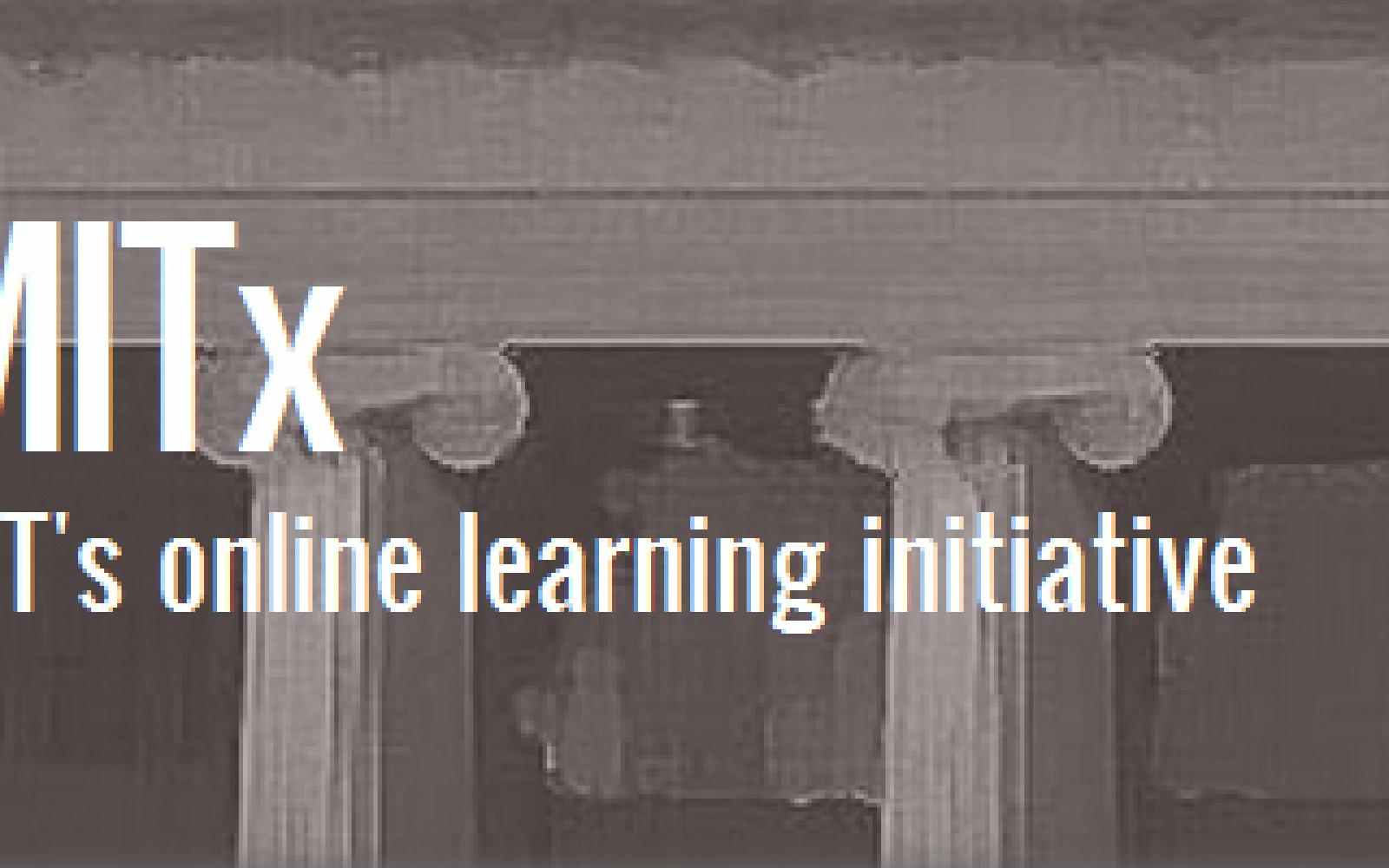According to Marina Kim, Ashoka U's co-founder and executive director, "Ashoka is working closely with universities that are at the forefront of innovation in Higher Education and are looking to develop a generation of students with the skills to be changemakers. Technology plays a key role in increasing access to quality content at affordable rates and promoting collaboration and participation amongst students and universities around the world."
Read on for one example of this kind of disruptive innovation.
Almost a decade ago, MIT created a stir in the education community when it launched its OpenCourseWare (OCW) initiative to provide free, open access to course material for its undergraduate- and graduate-level courses to anyone, anywhere. At the outset, many questioned OCW’s value—as well as the value of learning online. At the time, online learning was still a niche offering in the landscape of higher education—and it had generally been the domain of for-profit universities.
Since then, more than 120 universities have joined MIT’s initiative. MIT itself has had more than 100 million users access its content, and 1.4 million more are visiting each month. Over 30 percent of higher education students now take at least one online course, and according to a meta-study from the Department of Education, “Students who took all or part of their class online performed better, on average, than those taking the same course through traditional face-to-face instruction.”
Online learning is coming of age and transforming the way we learn. And given that it bears the classic hallmarks of a disruptive innovation, that isn’t all that surprising.
A disruptive innovation transforms an industry from one whose products and services are complicated, expensive, and inaccessible into one that is simpler, more accessible, and more affordable for all. The disruptive innovation tends to take root in areas of nonconsumption (where openness is better than the alternative of nothing); thus, over time, the disrupted industry allows a much larger segment of users (formerly nonconsumers) to access the product or service.
At first, disruptions tend to be primitive, but two key elements allow them to take root and flourish. The first is a technology enabler, which allows the innovation to improve predictably and scale to serve more and more users over time. In the case of higher education, online learning—and its associated components—is the technology enabler.
The second key element is a new business model. A new business model is important because plugging a disruptive innovation into an existing business model never results in transformation of the model; instead, the existing model co-opts the innovation to sustain how it operates. Many online universities started with new business models in place such that they could prioritize the disruption and grow; now, at last, we’re seeing MIT come of age and take the next step into this disruptive future as well.
This past December, MIT announced that it would be soon be launching MITx—a learning platform that will provide interactive, online courses that will not only be free for users around the world, but that will also allow users to receive credit for having taken these courses. For a small fee, users will be able to demonstrate mastery and receive credit from MITx, not the traditional MIT program.
This is a wise move. Although our studies have shown that historically it has been difficult for existing institutions to prioritize offerings disruptive to their own model, there have been exceptions. In every case, those exceptions have occurred when the institution created an autonomous business model—often with its own brand—such that the disruption could operate unburdened by the parent organization’s existing processes and priorities. MITx appears poised to do just that, as MIT will likely finally provide its online courses a home in a coherent business model, even as MIT protects its own traditional brand.
What’s even more exciting to think about is the impact this could have on the broader world beyond Cambridge, Massachussetts. Through MITx, the ability for nearly anyone to receive a world-class education at an affordable price—and be able to prove to schools and employers that they have done so and show what they know how to do—is a stunning development. It could potentially lead to the modularization of all of education. And given that modularization allows users to have far more customization, this could potentially allow students to have access to a far more student-centric learning experience over time, such that they would be able to pick and choose not only what they learn, but from where and how they learn it on a course-by-course, or even a concept-by-concept, basis.
With MITx having said that its online learning platform will not only be free for users, but that it will also be open source and any educational institution will be able to use it to develop their own online offering, we could see this disruption transforming the world of education far more rapidly than anyone would have thought possible just a decade ago.
